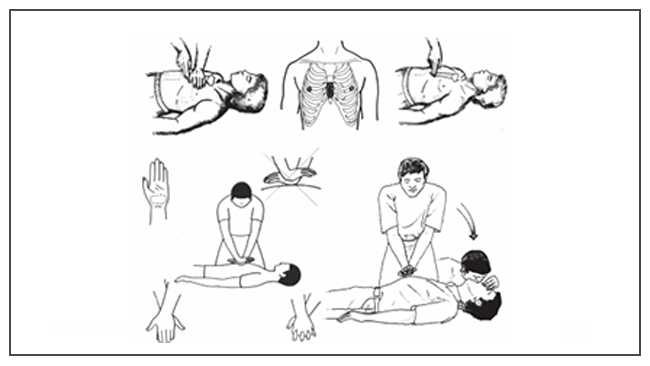Burnout Syndrome is a psychic disorder that is characterized by the individual's physical, mental and psychological exhaustion. This disorder develops due to the accumulation of stress at work, for example.
The intense and exaggerated dedication to professional life, without the person having moments of relaxation, is the main cause for the development of Burnout syndrome.
The main Characteristics of Burnout Syndrome they are summed up in a feeling of extreme exhaustion (even during periods of rest), depersonalization (indifference towards things that used to give pleasure), affective distance and aggressiveness.
This disorder was first described by the German psychologist Herbert Freudenberger (1926 - 1999), who diagnosed the syndrome himself in 1974. The disorder is registered in Group V of the ICD-10 (International Statistical Classification of Diseases and Related Health Problems).
Burnout syndrome is considered to have a depressive character, mainly due to the behavior of the affected person. This disease is considered the peak of professional stress and can develop in individuals from the most varied professions, especially those in which there is direct contact with other people.
You workaholics, that is, individuals who are workaholics are strong candidates to develop Burnout syndrome.
Burnout is an English language word and can be translated as "completely burn". In this case, the term refers to the emotional and, consequently, physical wear that the person suffers.
See also the meaning of Workaholic.
Burnout Syndrome Symptoms
Some of the main symptoms of this burnout syndrome
- Constant negativity, feeling like nothing is going to go right;
- Constant and excessive physical and mental fatigue;
- Difficulty concentrating on daily tasks;
- Unwilling to do social activities and be with other people;
- It constantly puts the needs and wants of others ahead of its own;
- Lack of energy to maintain healthy habits;
- Social isolation (even from family and friends);
- Sudden mood swings (with many periods of irritation);
- Feeling of dissatisfaction about what you do;
- Changes in mood and memory.
Even though the symptoms of Burnout syndrome are almost entirely psychological, some consequences physical symptoms can be observed, such as: headaches, palpitations, dizziness, muscle pain and problems with sleep.
O treatment for burnout syndrome it must be done by a qualified professional, through the use of antidepressants and psychotherapy. Regular physical activity and relaxation exercises are also critical in helping to control symptoms.
Learn more about the meaning of Depression.


